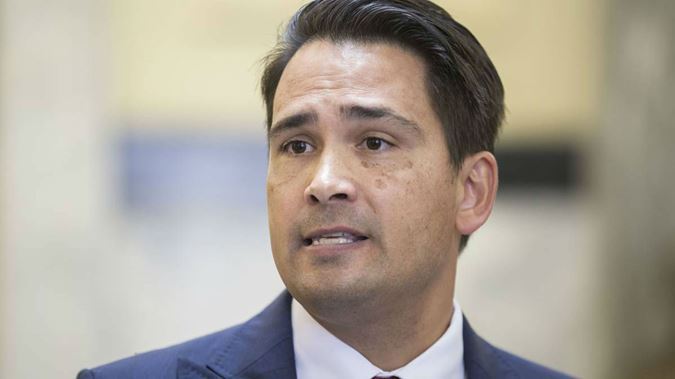Recently, National MP Simon Bridges came out swinging, calling Andy Coster, the New Zealand police commissioner a wokester and not tough enough on gangs.
Why did he get this wrong?
Mr Coster is not necessarily the problem. Potentially, he is a bit soft, a feel-good man, but he is merely pandering to government policy and judicial issues.
Why?
Mr Bridges, speaking from first-hand experience, the police are not soft on gangs. The problem is government policy. Over a six-month period, I had to deal with a gang living in my suburban street.
This was thanks to Kainga Ora (Housing New Zealand), who through government policy (more on that later), decided to place a nomad gang family in one of their flats. This was an inappropriate decision, as I live in a sleepy, small cul de sac, with mainly retired residents. As I was quoted in the Dominion Post, it was like putting a gang in the middle of a retirement village. I have lived next to social housing for 34 years with no problems, until the nomads appeared in our street.
So, what happened?
The nomads became a very destructive and intimidating problem. I woke one morning to find police in my street, with an armed raid under way. This was the first of many raids to come. I did not appreciate the seriousness of the situation as this was unlike anything I had experienced before. However, I spent part of the morning talking to a heavily armed police officer, whose finger never left the trigger. He said to me, this gang should not be in this street. Over the coming months, I learnt this was true. The police became very frustrated with both government and judicial policy, in how to deal with this gang.
More raids followed, with each successive raid more dramatic than the previous. In one particular raid, a gang member was arrested, taken away, and back later the same day dealing drugs. Days later, the gang was selling drugs openly at night in the street, with a steady stream of cars arriving. The police also told me that Wellington police have the lowest success rate in opposing bail. This means that, no sooner are suspected criminals arrested, then they are released again on bail to openly and without any regard, continue their criminal activity.
Let us move to the nub of this issue. In the following days, I woke to find the armed police tactical force in my street. This eclipsed any Netflix or average TV2 crime programme, such as NCIS. I had it all in my street. Police with assault rifles, shields, steel armour to break down doors and police dogs. This is not the police being soft on gangs. Later that night, the gang was out again acting as though nothing had happened. They were acting with impunity.
I wrote to Kainga Ora to ask, what does it take to remove this gang? Murder?
Well, yes it does, it appears. This gang was potentially involved in murder. I know they were involved in a machete attack, as I witnessed their final criminal act with the last police raid. In the early evening, two gang cars roared down my street and parked. Soon after, the police arrived to set up a roadblock. This time, arrests were made outside my place and cars were towed away. Again, the police were armed.
In summary, the police do take gangs very seriously, but they are compromised by a several issues. Firstly, the judicial system, the inability to hold potential criminals in prison without bail. Secondly, government social housing policy. Both Kainga Ora and the police know what is happening, but the police are powerless to deal effectively with gangs, because as I will write later, Kainga Ora policy is deeply flawed and unfocused, especially in relation to gangs.
Mr Bridges, it is not the police commissioner you need to attack, but rather government policy and the judicial system. That is where the wokeness exists.

